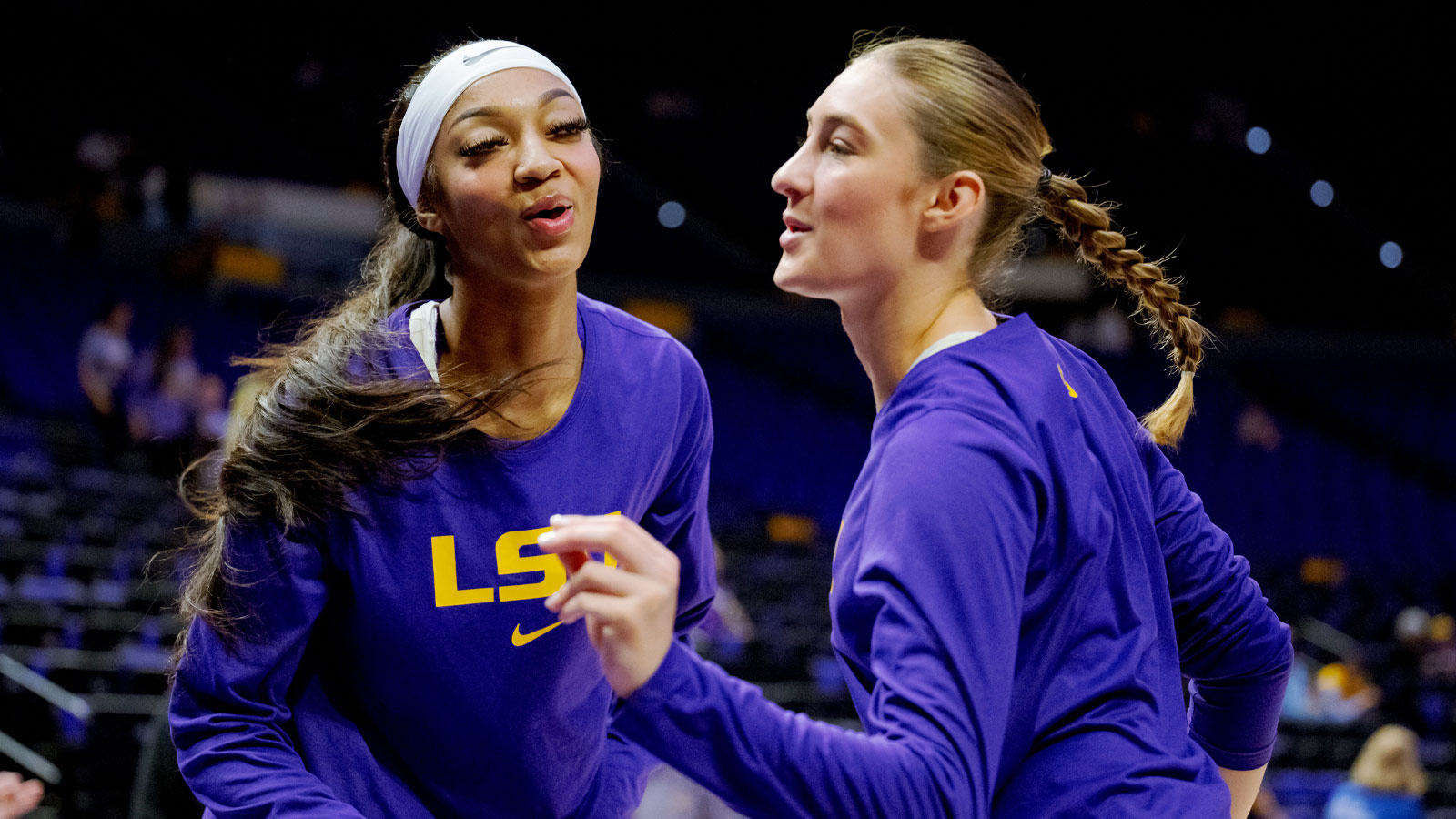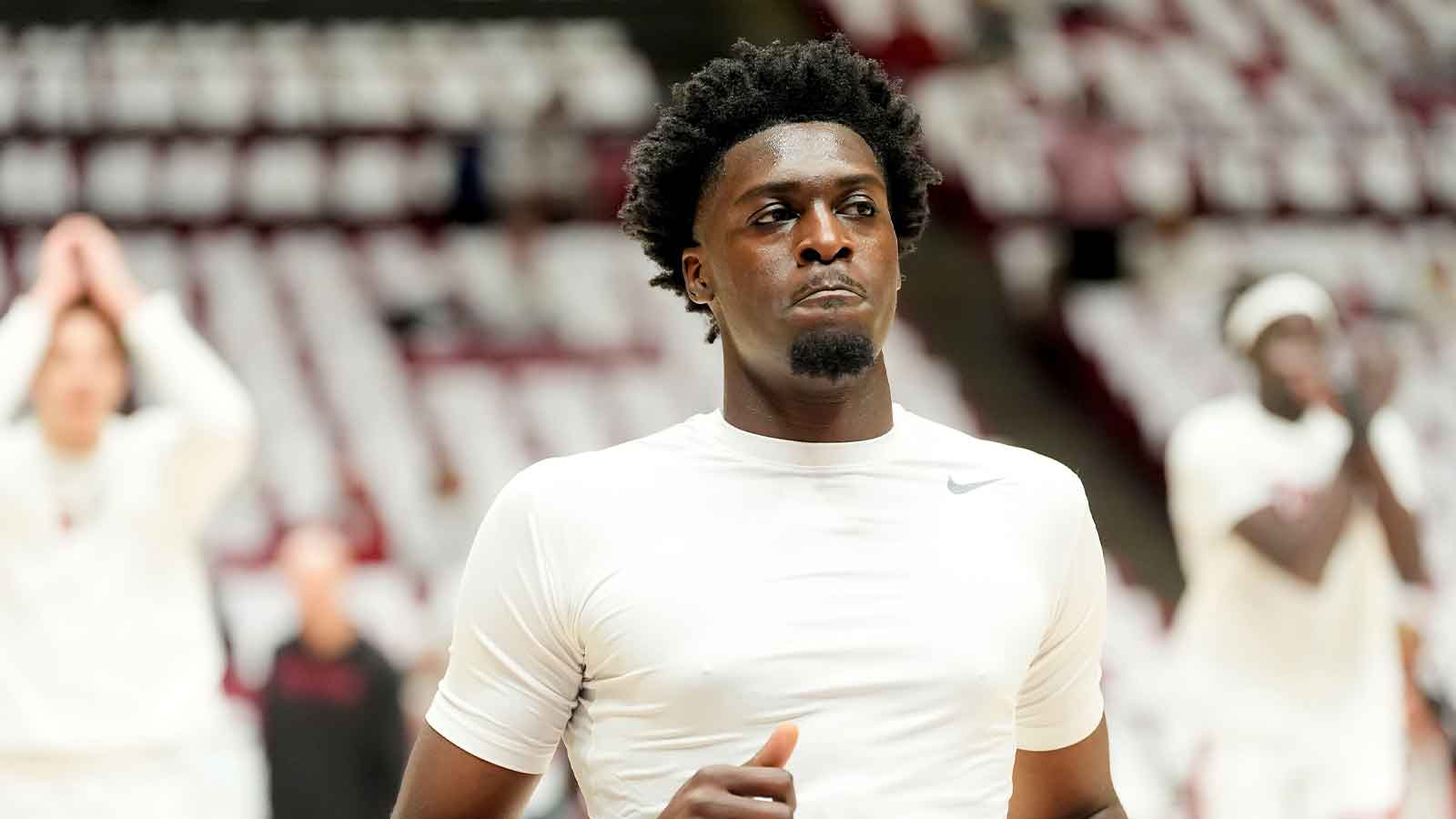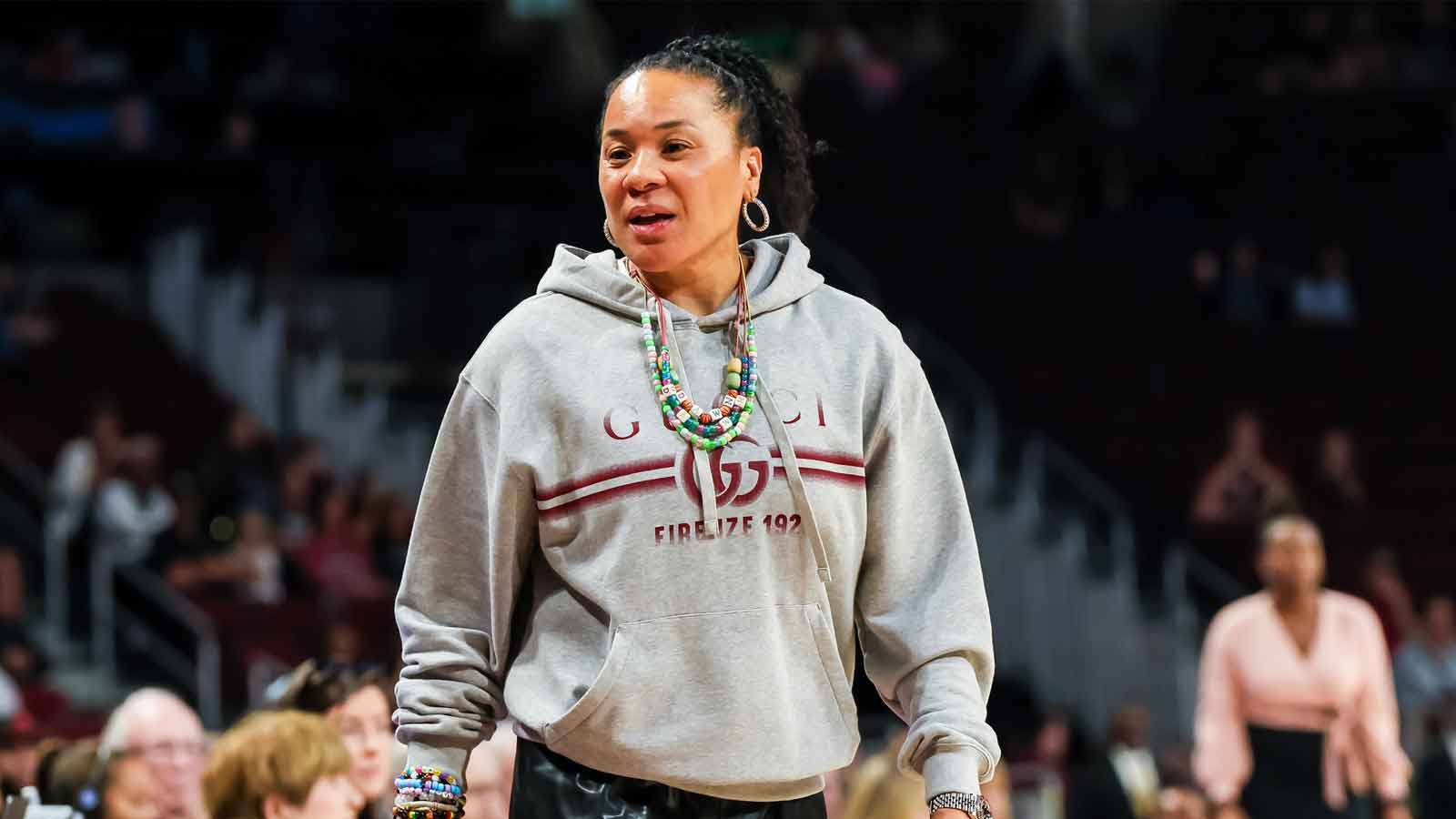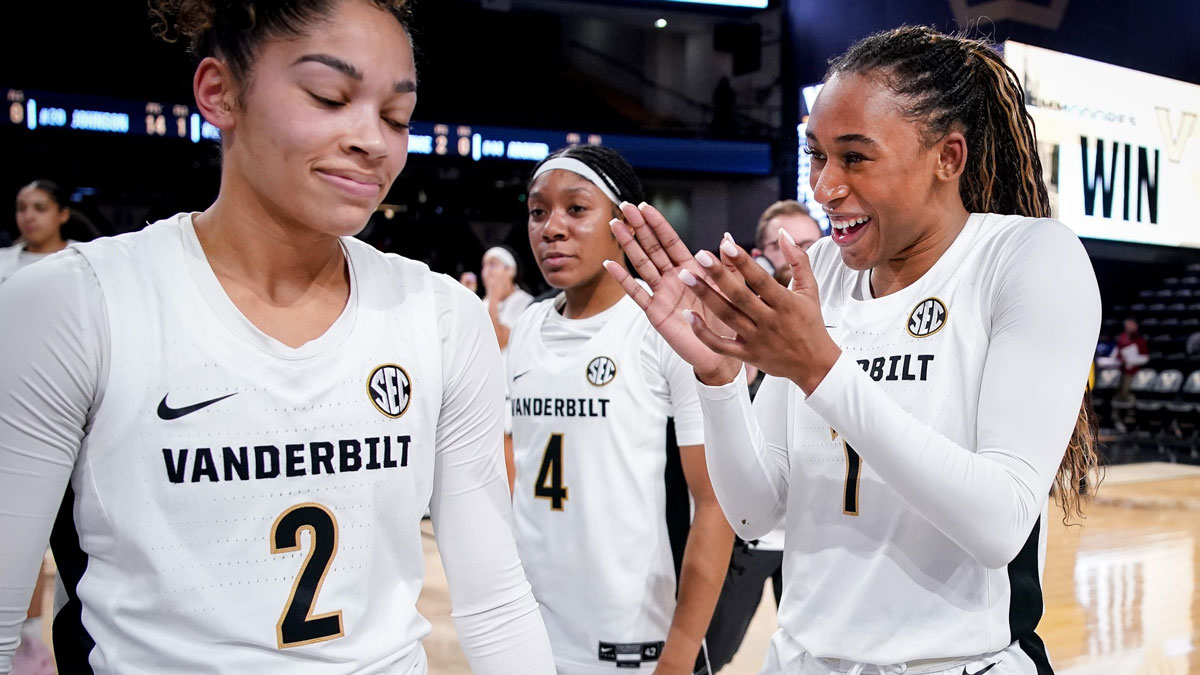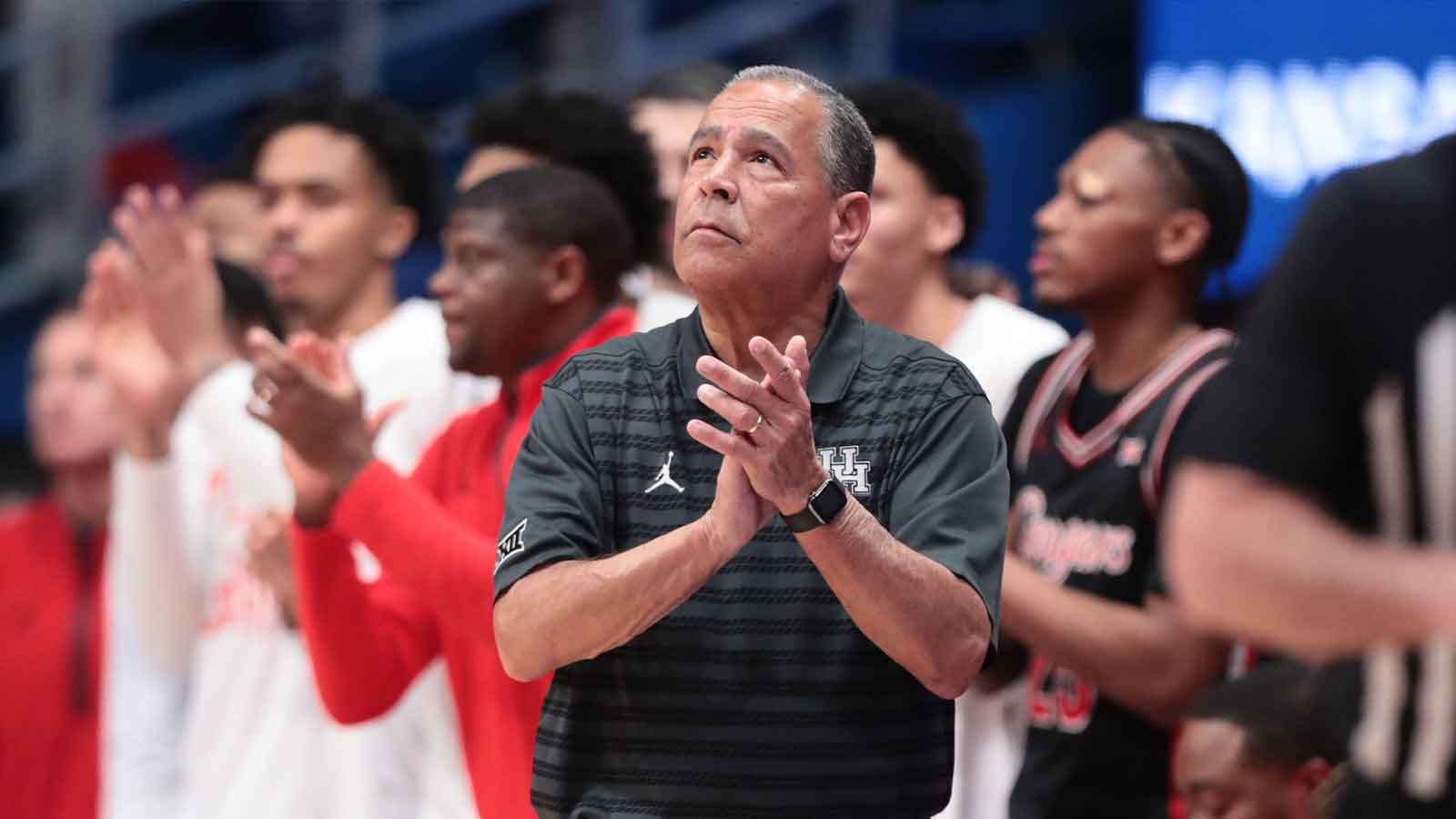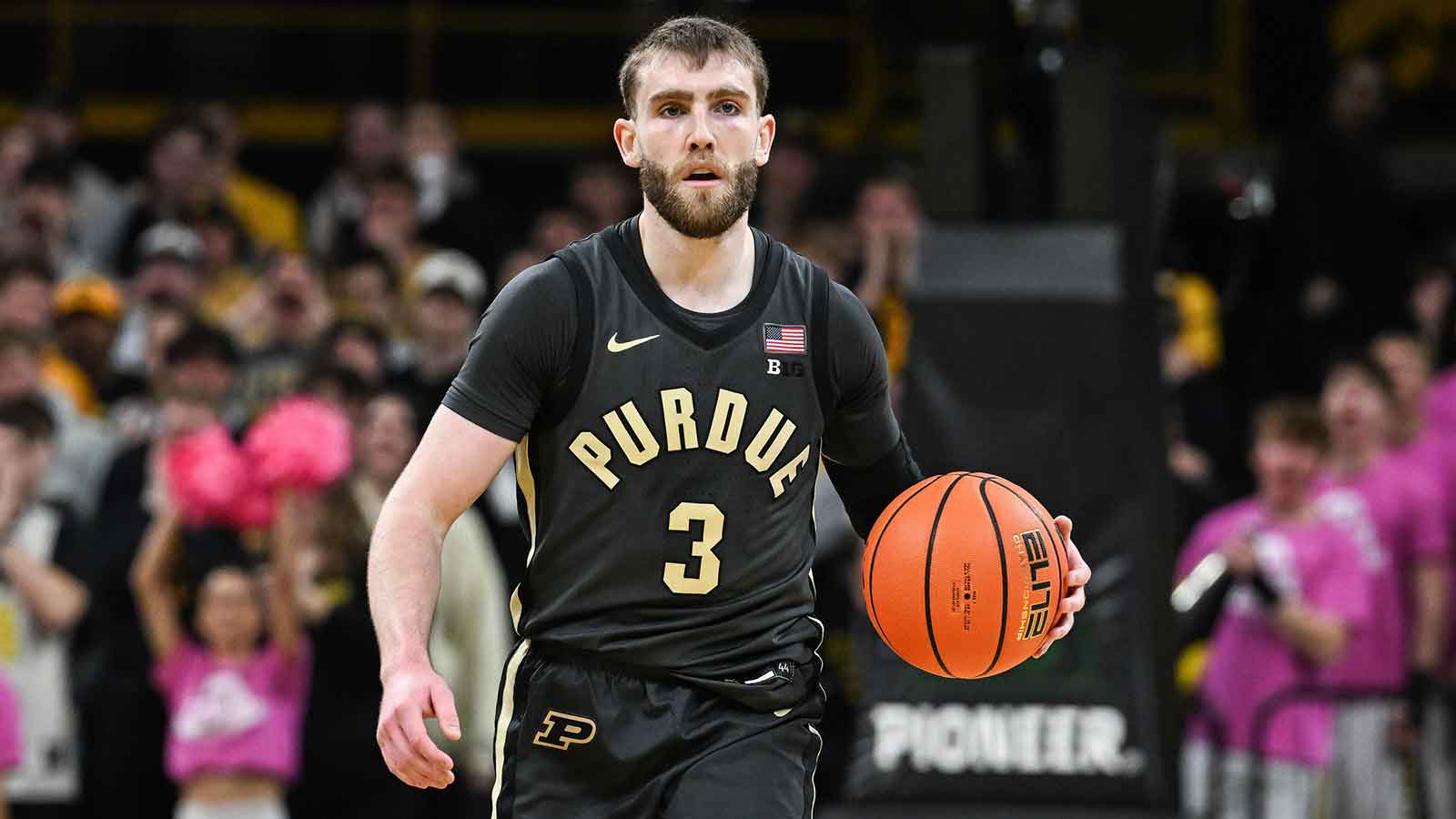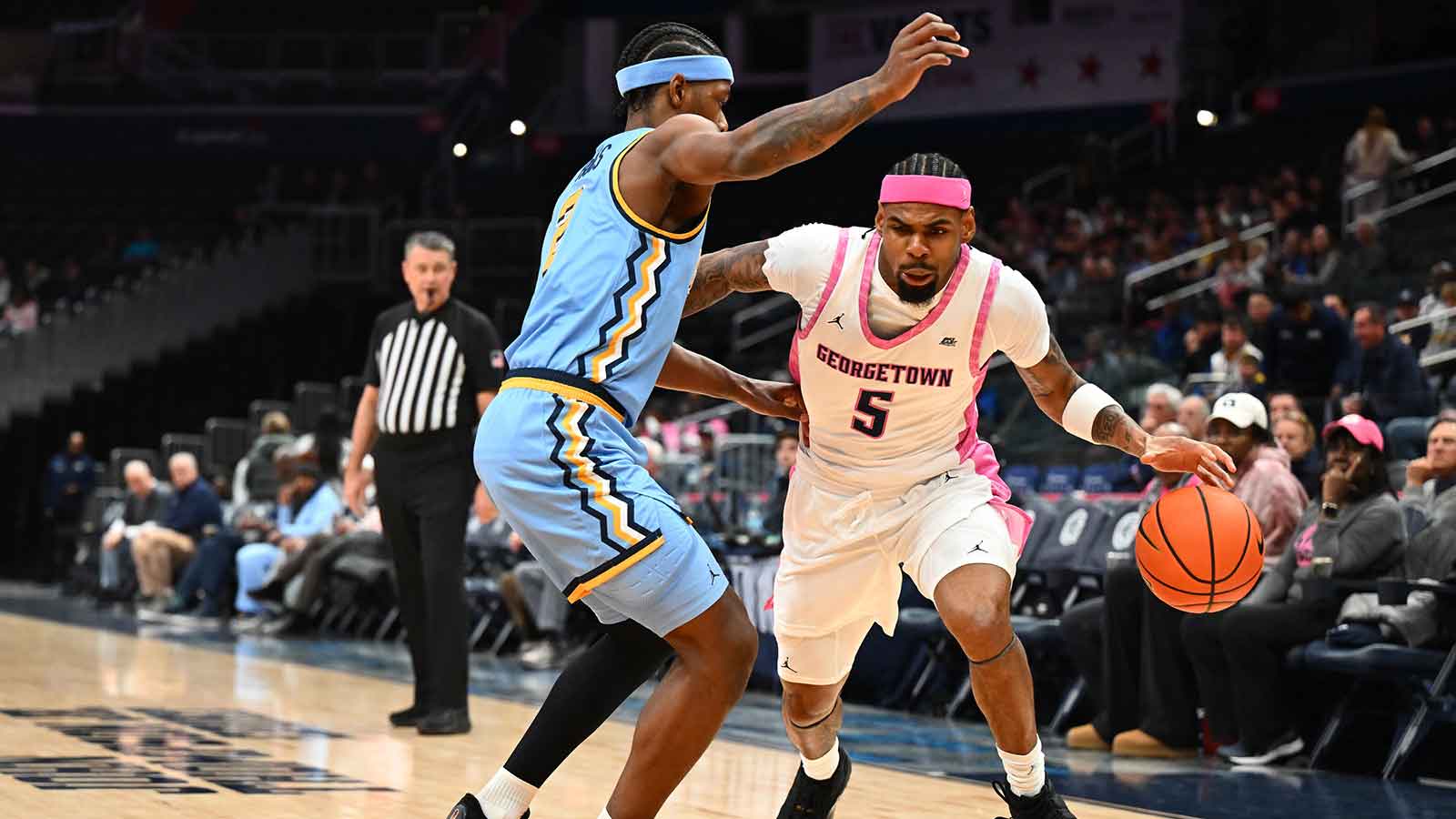Legendary UConn women's basketball coach Geno Auriemma has voiced strong opposition against the potential implementation of a ‘1-and-done' rule in women's college basketball, arguing that it could harm the sport.
During an interview on ESPN Radio's “UnSportsmanLike,” on Thursday, Auriemma expressed concerns that allowing players to leave college after just one season could disrupt the growth and fan engagement that the women’s game has cultivated over the years.
Auriemma highlighted the contrast between men's and women's basketball, noting that the men's game has become increasingly transactional, with players frequently changing teams.
“If you want to kill it, then let the kids leave after freshman year,” Auriemma said, per Alexa Philippou of ESPN. “On the men's side … Everybody's a free agent. Everybody's a mercenary. It's not the kids' fault.”
He fears that introducing a ‘1-and-done' rule would strip women’s college basketball of these relationships, which have been pivotal in promoting and sustaining interest in the sport.
“To me, what helped the women's game grow is the people in Iowa got to grow up with Caitlin Clark,” Auriemma said. “The people of Connecticut got to grow up with all of my great players. There's something to be said for that.”
Current WNBA eligibility rules
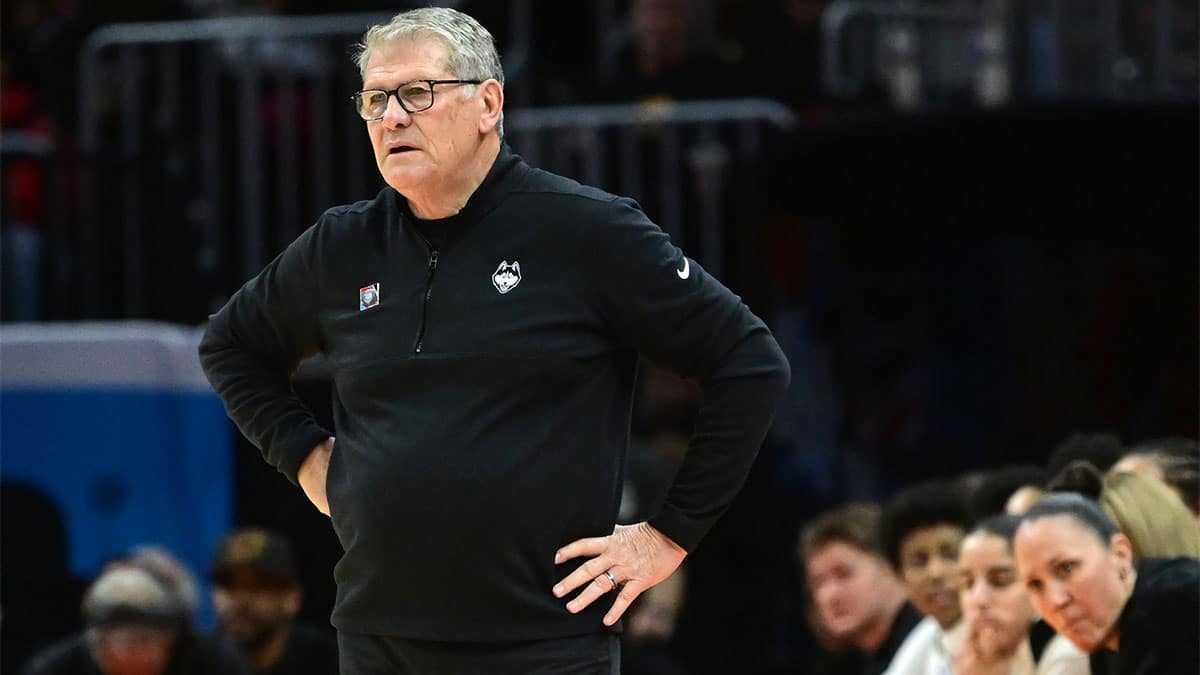
As it stands, WNBA rules require players to graduate from college, be within three months of graduation, or reach the age of 22 in the calendar year of the draft to be eligible. Most players typically complete their four years of eligibility, although exceptions exist, such as Jewell Loyd from Notre Dame and Satou Sabally from Oregon, who left college early due to age eligibility.
Discussions periodically arise in women's basketball regarding the timing of college athletes turning professional, highlighted during the standout freshman seasons of players like Bueckers and Clark, and more recently with JuJu Watkins of USC, who as the nation’s second-leading scorer had an exceptional first year.
Ever since their remarkable debut in the 2020-21 season, Bueckers and Clark have become well-known figures in the sport, contributing significantly to the increased popularity of college basketball.
The conversation around early draft eligibility has become more nuanced with the NCAA’s allowance for players to profit from NIL agreements. The development has lessened the financial pressure on athletes like Paige Bueckers and Caitlin Clark to turn professional prematurely, as athletes can now earn significant income while still in college.
The current collective bargaining agreement between the WNBA and the Women's National Basketball Players Association (WNBPA), effective through 2027, also plays a crucial role in determining eligibility rules. There is, however, a mutual opt-out clause effective November 1, 2024, which could lead to renegotiations.
Auriemma reiterated his support for the existing eligibility rules, which were decided by the players. He warned that changing these rules to allow for a ‘1-and-done' system could “ruin the game,” as it might lead to a loss of player continuity and fan engagement that currently benefits women's college basketball.










